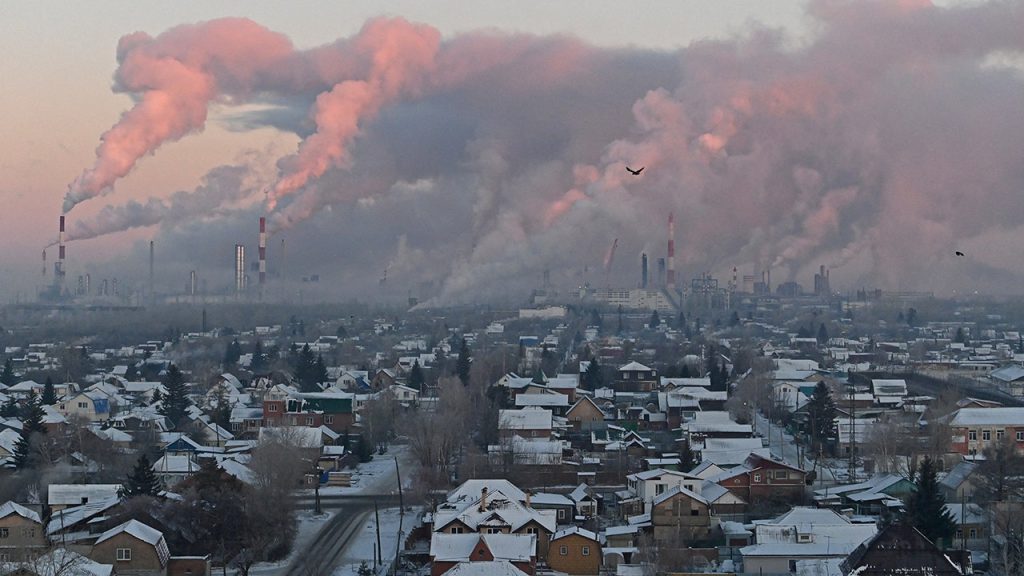The recent sanctions imposed by the United States on Russia’s energy sector have sparked a strong reaction from Moscow, with the Russian Foreign Ministry denouncing the measures as a deliberate attempt to destabilize global markets and undermine the Russian economy. The ministry’s statement characterized the sanctions as a “hostile” act driven by a “Russophobic lobby” in the West, aiming to inflict damage on Russia even at the risk of disrupting global energy stability. Moscow asserts its continued role as a “key and reliable player” in the global fuel market, emphasizing its resilience despite the pressure exerted by Washington. The timing of these sanctions, coinciding with the approaching end of President Biden’s term, has been interpreted by Russia as a desperate attempt to salvage a legacy marred by perceived failures.
The core of the US sanctions targets Russia’s oil and gas revenues, aiming to curtail a crucial source of funding for Moscow’s ongoing conflict in Ukraine. The measures specifically target two major Russian energy companies, Gazprom Neft and Surgutneftegas, along with a substantial fleet of 183 vessels involved in transporting Russian oil. Many of these vessels belong to the “shadow fleet,” a collection of older tankers operated by non-Western companies, often used to circumvent existing sanctions. This comprehensive approach reflects a broader strategy to weaken Russia’s economic capacity and potentially create leverage for negotiations to end the war in Ukraine.
Ukraine has welcomed these sanctions, with President Volodymyr Zelenskiy emphasizing their potential to significantly impact Russia’s financial standing. The Ukrainian perspective links the reduction of Russia’s oil revenues directly to the prospects of achieving peace, suggesting that a weakened Russian economy will compel Moscow to seek a resolution to the conflict. This underscores the strategic importance of targeting Russia’s energy sector, which constitutes a vital source of revenue and influence for the Kremlin.
Russia, however, remains defiant, vowing to continue its ambitious oil and gas projects despite the imposed sanctions. The Foreign Ministry’s statement reinforces Russia’s commitment to its energy strategy, indicating that the country will not be deterred by external pressure. This stance underscores the deep divisions between Russia and the West, with Moscow viewing the sanctions as an attempt to unfairly target its economic interests. The clash of perspectives over the sanctions reflects the broader geopolitical tensions surrounding the conflict in Ukraine.
The imposition of these sanctions adds another layer of complexity to the already strained relationship between the United States and Russia. The sanctions are likely to further escalate tensions and complicate any potential diplomatic efforts to resolve the ongoing conflict in Ukraine. The diverging interpretations of the sanctions’ impact, with the US and Ukraine viewing them as a means to pressure Russia towards peace, and Russia perceiving them as a hostile act, highlight the deep-seated disagreements that fuel the current geopolitical landscape.
The sanctions also have broader implications for global energy markets, potentially affecting oil and gas prices and supply chains. The targeting of Russian energy companies and vessels could disrupt the flow of oil and gas, potentially leading to increased prices and volatility in the energy market. The long-term effects of these sanctions on global energy markets remain to be seen, but they underscore the interconnectedness of global economies and the potential for geopolitical tensions to disrupt established economic patterns.


